Recherchez sur le site !
Recherche avancée / SpécifiqueCatégories publications
+ Sciences De La Terre - Archéologie - Astronomie - Spéléologie - Ecologie - Pédologie - Volcanologie - L'hydrogéologie - Géomorphologie - Minéralogie - Pétrologie - Paléontologie - Géologie + Climatologie - Réchouffement climatique - Changement climatique + Plantes - Plantes Aromatiques - Plantes médicinales + Zoologie - Faunes + Botanique - Flors + Sciences humaines - Géo Eco Tourisme - L’anthropologie - L'Histoire - Démographie - Sociologie - Géographie - Patrimoine culturel
Géo éco tourisme inclusif

Géoparc et Recherche Scientifique
Le coins de l’étudiant
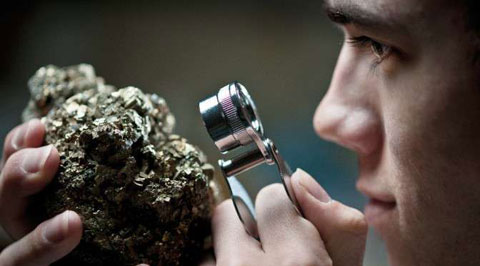

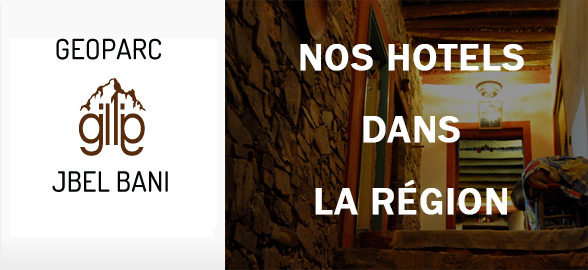
Blog Géoparc Jbel Bani
Current Issues in Comparative Education (CICE), Volume 24, Issue 2, Special Issue 2022
COVID-19 and Higher Education :
Crossed Perspectives in the Construction of Knowledge and the Rise of Citizen Science.
Theoretical reflections and practical approach in the 11th Encounter of CeiED researchers.
Sandrine Simon
Universidade Lusófona
Lucimar Dantas
Universidade Lusófona
Ensuring that learning is participatory and even further democratized seems particularly important at a time when people are kept apart because of a COVID-19 pandemic that thrives on proximity. Whilst learning is based on exchanges, it also benefits from the existence of a learning community, the access to which needs to be equal and taking account of learners’ diversity. How is Higher Education equipping itself to adapt to new learning conditions? How can it ensure that it can meet new types of needs? To address these questions, a workshop was organized at the Interdisciplinary Centre for Research on Education and Development (CeiED), Lisbon, on an emerging area of research called ‘Citizen Science’. Citizen Science has been gaining popularity in many disciplines. Here, we are interested in how it could help to improve education and learning, as well as how current research in education might also help approaches in Citizen Science to move forward. Reflections on theory were carried out in parallel with a one-day practical online workshop on ‘operationalizing Citizen Science’, involving researchers in the center’s three areas – education, museology, and urbanism. This article explains the outcomes of this event.
Keywords: Citizen Science in education; distance learning; inclusive social learning; Design Thinking practices.
Introduction
In July 2021, the annual research meeting of the Interdisciplinary Research Centre for Education and Development (CeiED) involving its three areas of interest (education, urban planning, and museology) focused its 11th edition on Citizen Science (CS). Entitled ‘Do cientista cidadão a ciência cidadã: olhares cruzados na construção do conhecimento’ (From Citizen Scientist to Citizen Science: Crossed Perspectives in the Construction of Knowledge), it encompassed, on top of plenary sessions, a visual art exhibition, a series of parallel sessions dedicated to doctoral research and a one-day practical workshop on design thinking and operationalizing CS. The latest were organized around various themes which triggered specific questions in relation to CS. The dialogical process between the various components of the conference was based on questions triggered by the COVID-19 crisis and the need to improve teaching and learning conditions in a world
© 2022, Current Issues in Comparative Education, Teachers College, Columbia University. ALL RIGHTS RESERVED. Current Issues in Comparative Education, 24(2), 50-70.
where students are gaining more and more autonomy whilst still needing to belong to a supportive community of learners and teachers.
For a new approach inspired by CSto unfold in a satisfactory, professional, ethical, and scientifically rigorous manner, initial and open debates about its objectives, usefulness, methods, and beneficiaries are necessary. Based on this great aggregating theme, CeiED invited doctoral students, researchers and professors in Education, Urbanism and Museology, to participate. The objective was to highlight that, thanks to a wide range of Information and Communication Technologies (ICTs) and the will to build knowledge differently and to understand better each other’s perspectives, ‘learning experiences’ and, by extension, ‘education systems’ could be enriched, and approaches such as CS could help to do so. Table 1 presents how the CeiED’s research relates to CS.
PDF Article Complet
https://portailsudmaroc.com/documents/Crossed%20Perspectives%20Construction%20of%20knowledge.pdf
Source web par : Sandrine Simon
Les tags en relation
Dictionnaire scientifique
Plus de 123.000 mots scientifiques
Les publications
Géo parc Jbel Bani
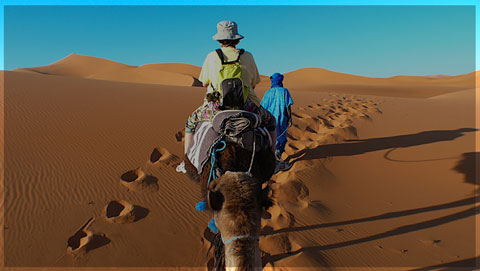
Circuits & excursions touristiques
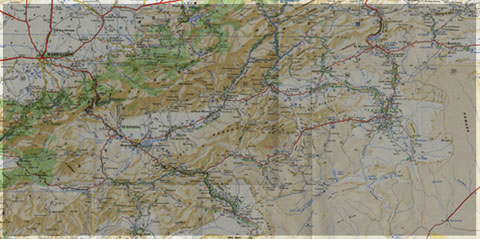
cartothéques
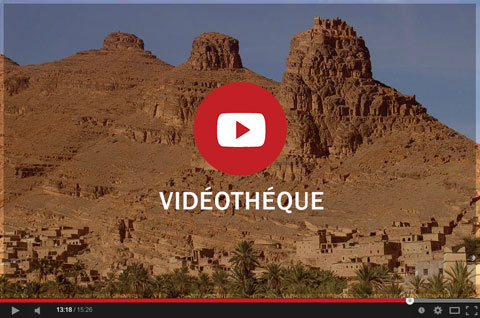

Photothéques
Publications & éditions




